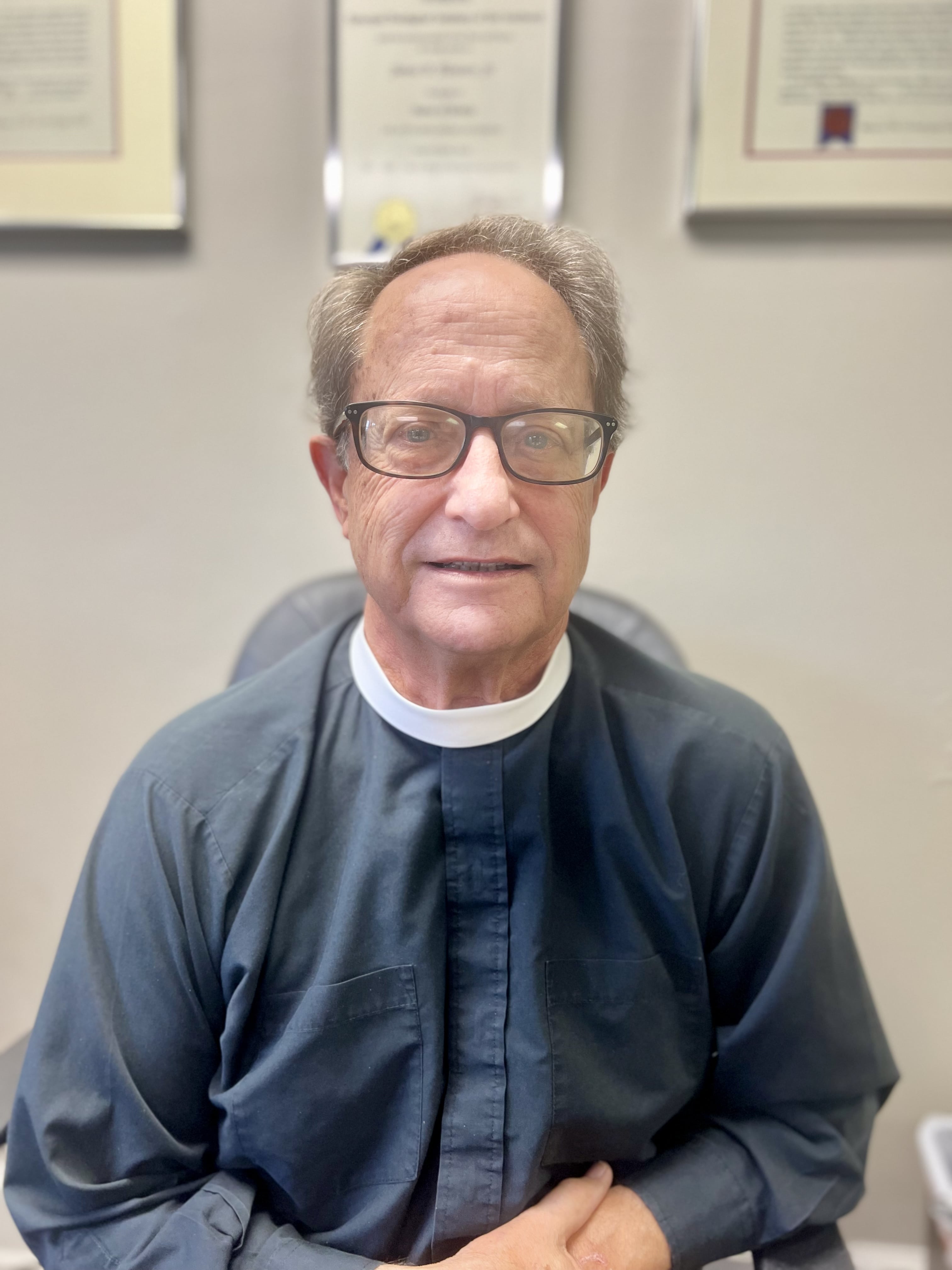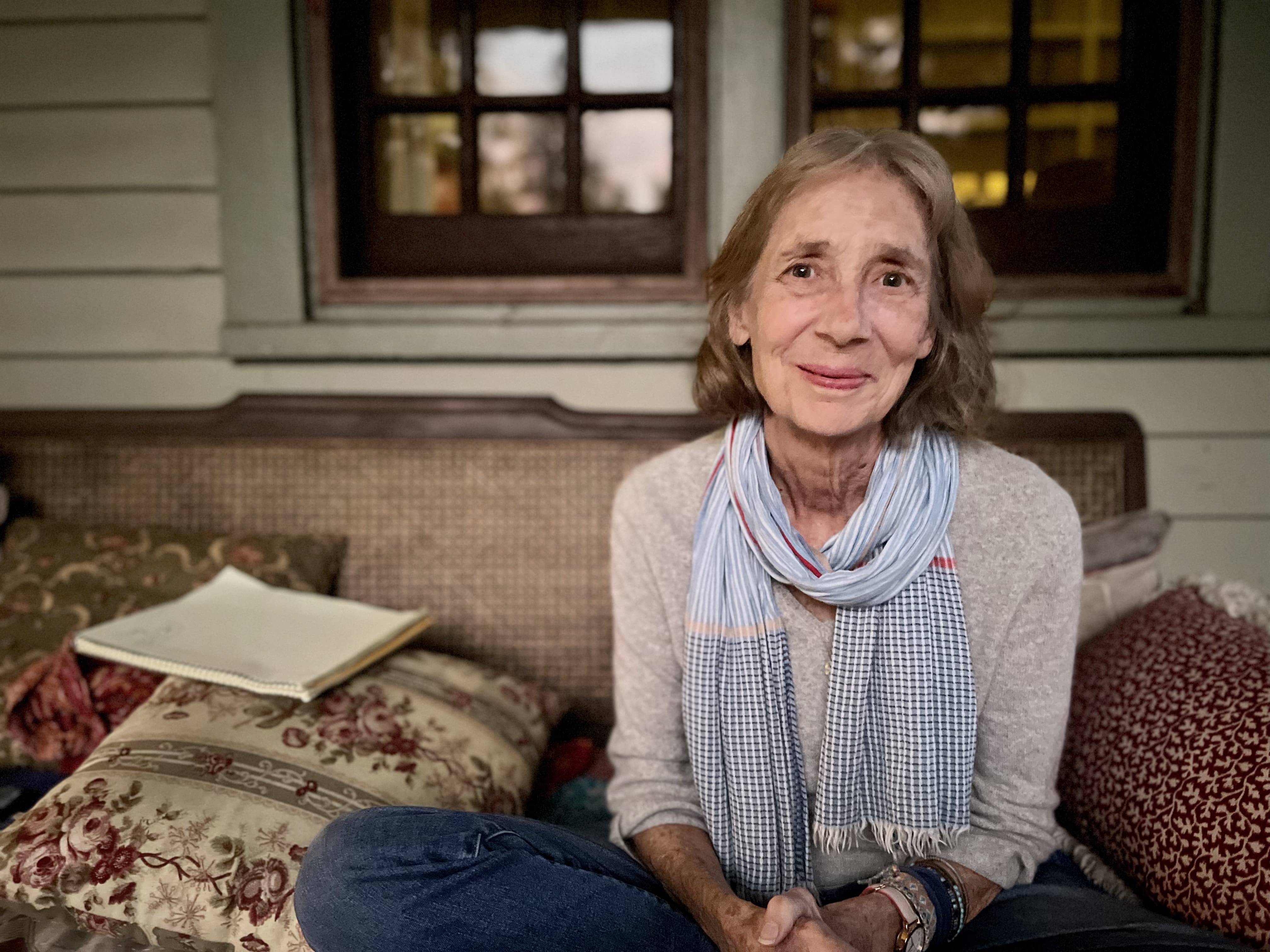‘Change the Culture’: New redistricting map in Alabama city is a victory for Black voters, but annexation plan could reverse historic progress
Voting rights advocates in the Gulf Coast city of Mobile, Alabama, won a historic victory last August when the city council adopted a redistricting map that could give voters the opportunity to elect a majority-Black council for the first time.
But a proposal by the city’s mayor to annex predominantly white areas west of the city could bring in 26,000 new residents, once again diluting Black voting strength and undoing the progress made toward a city council map that fairly reflects the demographics of this majority-Black city.
“Naturally, adding more white voters and fewer Black voters would reduce the proportion of Black voters in the city, making it more difficult for Black voters to elect their candidates of choice,” said Jack Genberg, senior staff attorney for the Southern Poverty Law Center’s Voting Rights Practice Group. The SPLC’s advocacy led to the map that better reflects the city’s diversity.

“The irony, of course, is that white people have left Mobile over the decades,” said Jim Flowers, 67, director of All Saints Episcopal Church, who has been heavily involved with the redistricting process. “Regarding redistricting, annexation could hurt the racial balance that we’ve already achieved – and the mayor is hell-bent on annexing West Mobile.”
The council could vote next month on whether to allow a special election for the plan in March. If the proposal, which still hasn’t been released publicly, is passed, it would swell the population to 213,000 people, making it the state’s second-largest city.
It could also potentially change the course of the city’s elections. The recently adopted redistricting plan creates four majority-Black districts. Currently, three of the seven council members are Black.
“Now the water has gotten muddied,” Flowers said. “I’m not against annexation, but I am against annexing our way out of a majority-Black city. The white city council members consistently say that it’s not about race. But if you’re in the public life in the U.S., it is always about race – always.”
The compromise map
Like every other jurisdiction in the U.S., the city of Mobile had to adopt new voting districts to reflect demographic changes observed in the 2020 census.
Under federal law, cities are prohibited from drawing voting district maps that dilute the voting power of Black residents. In Mobile, that means that Black voters should be able to elect their preferred candidates in four of the seven city council districts.
While districts 1, 2 and 3 are majority-Black districts, District 7’s Black voting-age population lagged at only about 49.4% in the mayor’s proposed map. As a result, the Black population of District 7 didn’t have the voting strength to elect a Black-preferred candidate.
Mayor Sandy Stimpson’s proposed redistricting plan in February 2022 did not include a legally viable fourth majority-Black district and therefore had the potential to violate Section 2 of the Voting Rights Act of 1965 (VRA).
Beverly Cooper and Amelia Bacon, both 75, wanted justice for the Black voters of Mobile, and founded Stand-Up Mobile – an organization committed to bringing the power of the Black vote to elections at all levels. For seven months, Stand-Up Mobile urged the city council for a just redistricting resolution.
“The mayor makes a big announcement, throws out some numbers, and we latched onto that as an opportunity to identify the council districts where Black people can determine who best represents them,” Bacon said.
In August, and with help from the SPLC, the council finally approved a compromise map in a 6-0 vote, increasing District 7 to a 52% majority-Black district.
“District 7 now better reflects the city’s Black majority than the mayor’s plan did by providing more opportunity for Black voters to elect preferred candidates,” Genberg said.
Annexation
Then the other shoe dropped – the hotly debated annexation plan.
Michelle Simons, a white writer and educator, lived through the Jim Crow era in Dallas, Texas. She said she saw injustice daily, which propelled her to fight for social justice issues as an adult.
“We had people of color working in my house, and so I was aware as a child that something was wrong,” Simons, 71, said. “Since then, I’ve been very driven for justice for the Black community.”

Simons and her husband moved to Mobile about three years ago, after his mother, who lives in the city, fell ill and needed help. Immediately, Simons and Bacon became close friends, since they both attend All Saints Episcopal Church, where Flowers serves as priest. Simons told Bacon that something was “off” about Mobile. Simons said that Mobile is “terrified” of the city’s changing demographics.
There’s a lack of trust in the city’s government, Simons said, because it hasn’t been straightforward with the community and because racism is so blatant. When the compromise map was approved, Simons immediately reacted, thinking the city would “fix” the map through annexation.
“We’re at a time when white people in the South are really being asked to do some hard stuff, and we’re seeing it through,” Simons said. “But in order to do that, you have to change the culture to change the vote. Mobile is going to have a hard time doing that.”
Flowers echoed that thought.
“We have the inertia of history against us,” he said. “And if history tells us anything, historically Black neighborhoods will remain disenfranchised, unless there is existential change.”
Photo at top: Beverly Cooper, left, and Amelia Bacon, are the founders of Stand-Up Mobile, an organization committed to bringing the power of the Black vote to elections at all levels. (Credit: Liz Vinson/SPLC)

